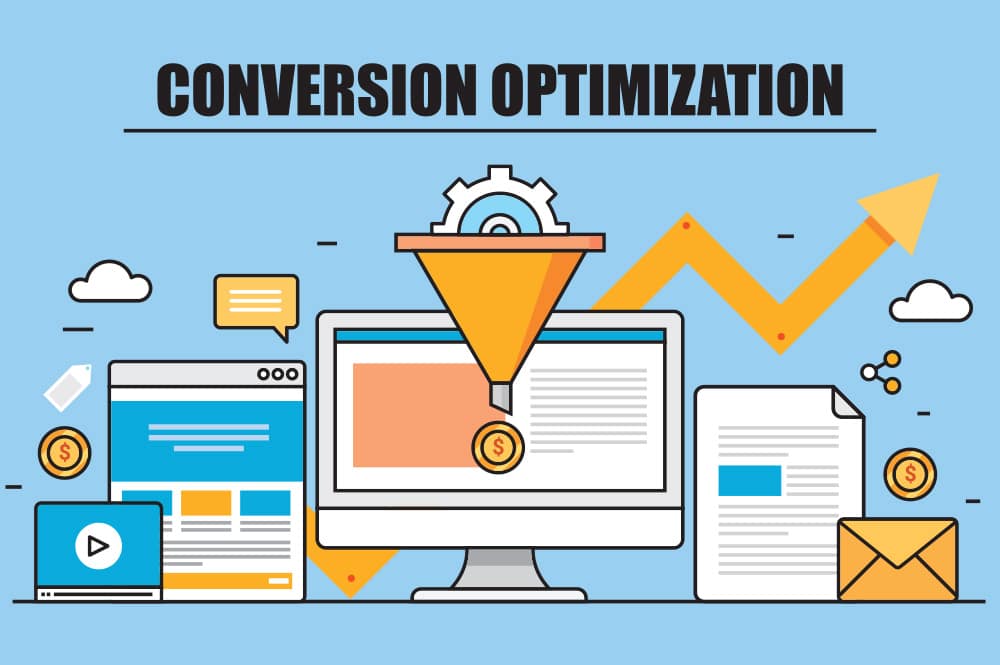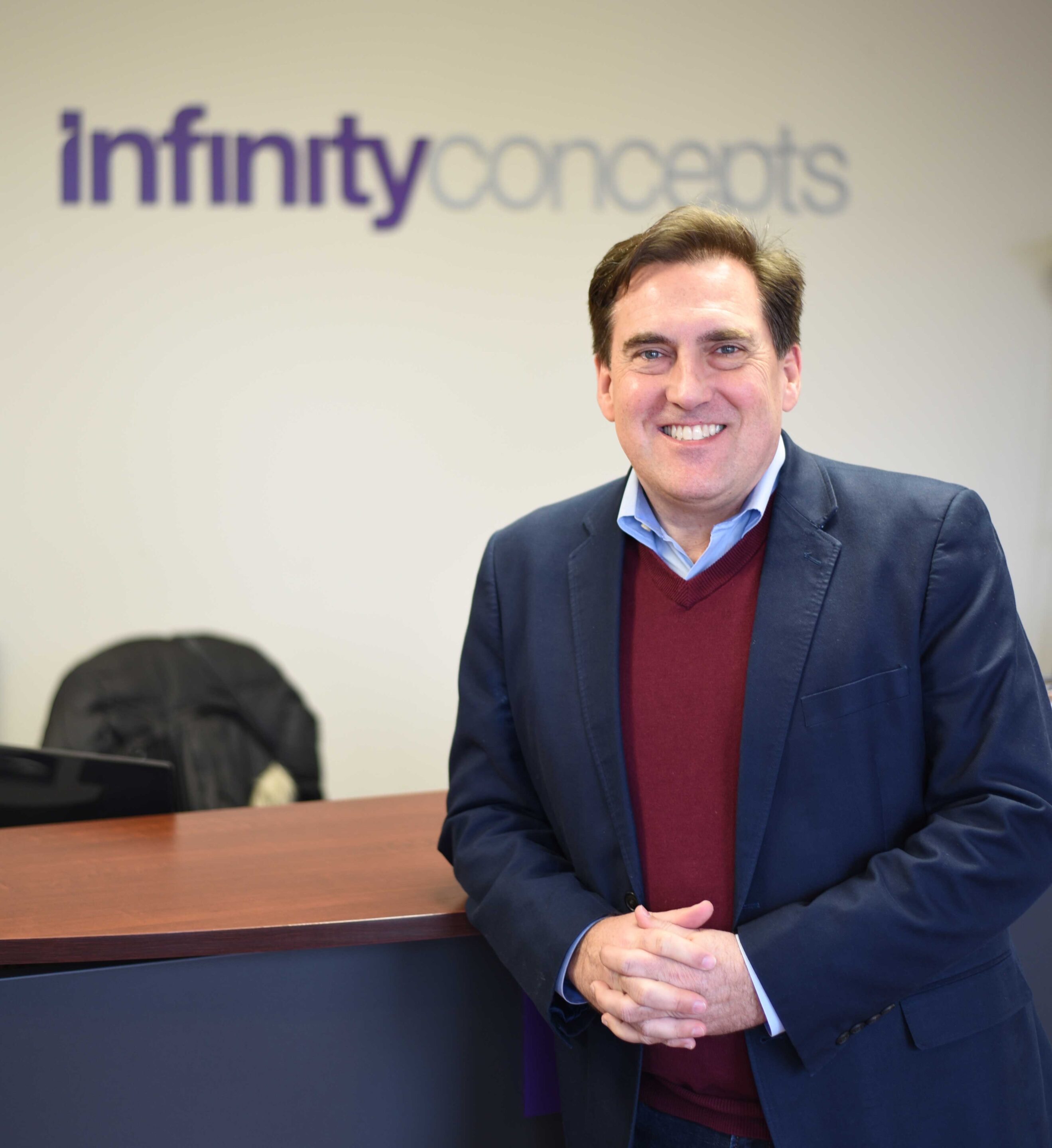Converting single-gift donors to multi-gift donors is a challenge many nonprofits face. Multi-gift donors are crucial for the sustainability of nonprofit organizations, as they provide a stable source of revenue. In this article, we’ll explore strategies to help you convert more single-gift donors to multi-gift donors.
Understanding Single-Gift Donors
Single-gift donors are individuals who have donated to your organization once but have not yet made a second gift. They may have different motivations for not making another donation, such as a lack of information about your organization, lack of trust, or simply forgetting about your organization. Our experience has shown that if you do not receive a second gift within the first 90 days, the likelihood that the donor will give again reduces to less than 10%. Understanding the characteristics and motivations of single-gift donors is key to converting them to multi-gift donors.
Strategies for Converting Single-Gift Donors to Multi-Gift Donors
-
Cultivate a Relationship with the Donor
To convert single-gift donors to multi-gift donors, it’s essential to cultivate a relationship with them. Personalizing your communications, acknowledging their past gift, and regularly communicating with them are effective ways to build trust and keep them engaged. An evergreen cultivation email series should immerse new donors in the nonprofit’s mission, stories, and impact. There should be a minimum of three emails in the series. I prefer 6–10 emails because the goal is to convert the new donor to a second gift within the critical first 90-day period. Your email platform should be set up to automatically send one email per week. -
Create a Sense of Urgency
Creating a sense of urgency can motivate single-gift donors to give again. Highlighting a specific need, setting a specific goal, or creating a deadline can create a sense of urgency and motivate donors to take action. -
Provide Social Proof
Providing social proof can help convince single gift donors to give again. Highlighting the impact of their past gift, sharing stories of how donations have helped impact lives, or showcasing other donors who have given multiple gifts can all provide social proof that can motivate donors to give again. -
Ask for a Recurring Gift
Asking for a recurring gift is an effective way to convert single-gift donors to multi-gift donors. Explaining the benefits of a recurring gift, providing easy ways to set up recurring gifts, and thanking donors for their recurring gifts can all help you build a base of loyal, long-term donors.
Measurement and Optimization
Measuring the effectiveness of your conversion strategies is key to improving your results. Tracking the number of donors who give again, the frequency of their gifts, and the amount of their gifts can help you identify which strategies are most effective. Continuously experimenting and optimizing your strategies can help you improve your conversion rates over time. A good CRM database system will help you to monitor these key performance indicators.
Conclusion
Converting single-gift donors to multi-gift donors is crucial for the sustainability of nonprofit organizations. By understanding the motivations of single-gift donors and implementing effective conversion strategies, you can build a base of loyal, long-term donors who will support your organization for years to come. Start implementing these strategies today and watch your donor retention rates improve!
For over 20 years, Infinity Concepts has helped nonprofits—small and large—to implement strategies to improve their conversion of donors from single-gift donors to multi-gift donors to recurring gift donors. CLICK HERE to explore how we can help you!

